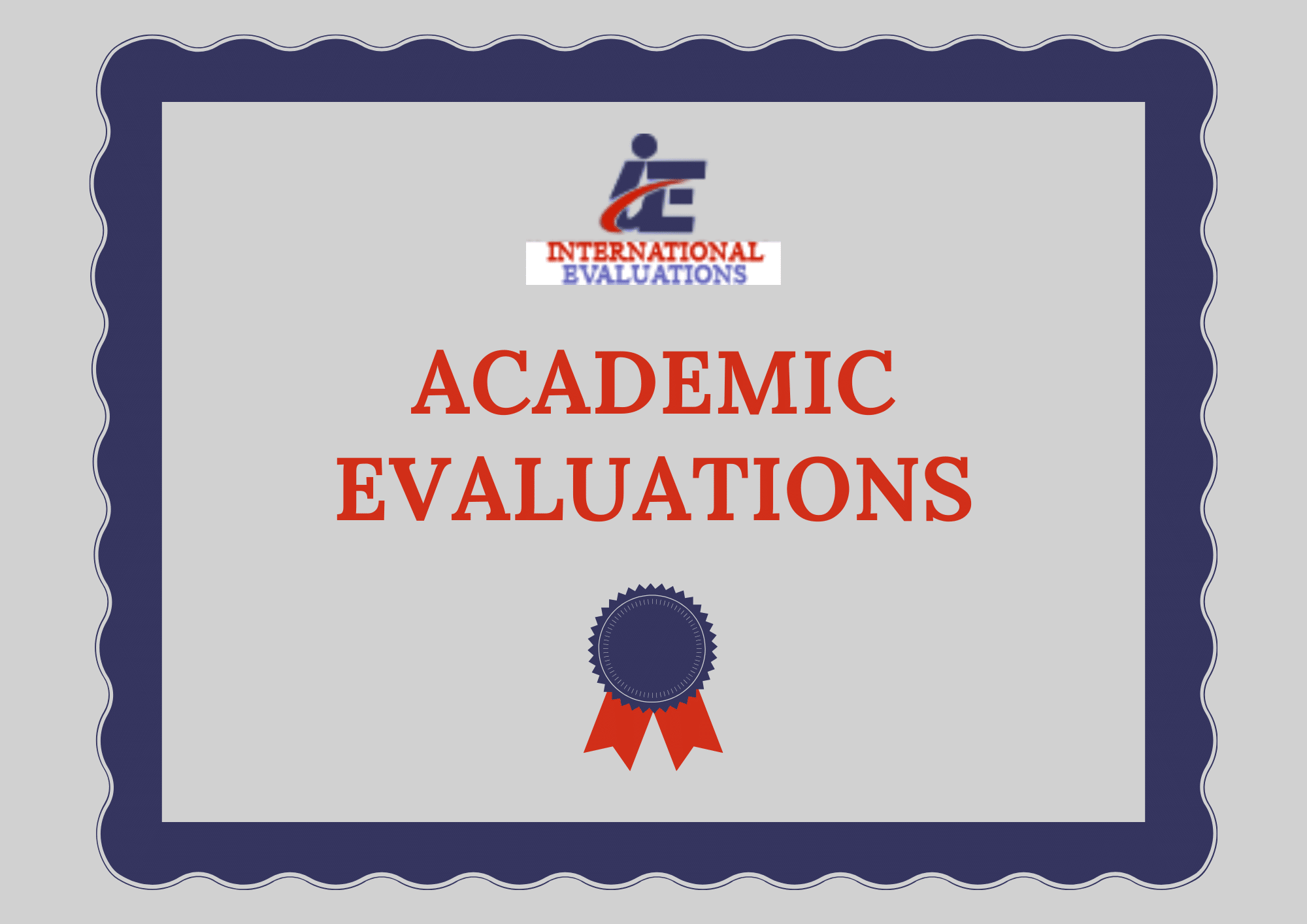Introduction
In a significantly globalized world, the requirement to assess work experience accurately has never ever been more vital. People aiming to advance their careers or relocate frequently find themselves browsing a maze of scholastic and expert qualifications from different nations. For employers and educational institutions alike, understanding these credentials is critical in making sure that they choose the best candidates.

This post dives deep into Unlocking Possible: Comprehensive Work Experience Evaluation Techniques, exploring numerous methods, consisting of academic credential evaluation, international credential examination services, course-by-course credential evaluation, and the importance of the expert viewpoint letter in making informed decisions about possible staff members or students.
Unlocking Possible: Comprehensive Work Experience Examination Techniques
Evaluating work experience functions as a bridge in between individual potential and chance. Yet, how do we open this potential effectively? The response lies in a multi-faceted method that incorporates different assessment techniques customized to individual requirements and contexts.
Understanding Work Experience Evaluation
Work experience assessment assesses a person's expert background, skills, and competencies relative to task requirements or educational standards. This procedure can substantially vary based on region, market, and particular roles.
The Value of Accurate Evaluation
Why is precise work experience examination vital? Misjudgments can cause bad hiring decisions, mismatched instructional positionings, or unfulfilled profession aspirations. It's essential for companies and organizations to guarantee they use exact techniques when assessing qualifications.
Key Components in Assessing Work Experience
Professional Background Check
A thorough review of previous employment history is crucial. This includes validating task titles, periods of employment, responsibilities held, and achievements.
Skills Assessment
Comprehending the skills acquired throughout previous functions assists assess suitability for future positions.
Industry Relevance
Assessing whether past experiences line up with current industry standards is essential for a significant assessment.
Academic Credential Evaluation
This includes evaluating any official education received along with expert experience.
Types of Credential Evaluations
International Credential Examination Services
When candidates possess certifications from foreign institutions, international credential evaluation services enter play.
What Are International Credential Examination Services?
These services examine foreign educational credentials versus regional requirements. They supply insights into how degrees equate within the domestic education system or labor market.
Why Use These Services?
- To understand equivalency in terms of education level To facilitate smoother migration processes To improve employability by verifying foreign qualifications
Course-by-Course Credential Evaluation
What Is Course-by-Course Credential Evaluation?
This type evaluates each course taken during a candidate's education journey instead of simply supplying a general degree equivalency.
Benefits
- Detailed insights into particular courses undertaken Enables institutions to make educated choices relating to credit transfers Supports applicants looking for more education by highlighting strengths and weak points
Crafting Efficient Professional Opinion Letters
A professional viewpoint letter serves as an important file in lots of examination procedures.
What Is an Expert Viewpoint Letter?
This letter is written by experts who have competence in assessing instructional Click for info credentials or work experience relative to industry standards.
Why Are They Important?
Expert opinion letters serve numerous functions:
- Provide reliable assessments Validate claims made by prospects about their experiences Enhance reliability during application processes
Steps for Performing a Thorough Work Experience Evaluation
Gather Documentation
Gather all relevant documents including CVs, reference letters, and performance reviews.
Conduct Interviews
Direct conversations offer deeper insights into prospects' experiences and soft skills.
Use Standardized Tools
Utilize frameworks or tools created for evaluating skills and experiences systematically.
Comparison Versus Standards
Align findings with industry criteria to determine relevance and value.
Compile Findings into Reports
Present outcomes clearly for stakeholders' evaluation-- transparency is key!
Challenges in Work Experience Evaluation
Recognizing Pitfalls
Despite best efforts, difficulties abound in evaluating work experience precisely:
Cultural Differences Variability in Task Titles Lack of Standardization Across AreasHow to Get rid of These Challenges?
- Train evaluators on cultural competency. Utilize databases that clarify job title equivalencies across industries.
FAQs
1. What does academic credential assessment entail?
Academic credential examination typically includes assessing degrees obtained from various institutions worldwide to determine their equivalency in another country's education system.
2. Why are global credential examination services necessary?
They assistance validate foreign qualifications so that individuals can acquire work or admission into educational programs without confusion over their credentials' legitimacy.
3. What identifies course-by-course credential assessment from routine evaluations?
Course-by-course assessments evaluate each individual course taken throughout one's education instead of merely assessing the degree as a whole.
4. How does an expert opinion letter support my application?
An expert viewpoint letter supplies reliable support for your claims regarding your qualifications or experiences and can considerably bolster your application's strength.
5. What prevail challenges dealt with during work experience evaluations?
Common difficulties consist of cultural distinctions impacting interpretations of roles/skills, variability in job titles throughout areas, and absence of standardization leading to confusion over equivalencies.
6. How can I get ready for a work experience evaluation?
Gather extensive documents like your CV/resume, referrals from previous employers, efficiency evaluations if readily available, and be ready to discuss your experiences openly during interviews.
Conclusion
As we've checked out throughout this post on " Unlocking Possible: Comprehensive Work Experience Evaluation Techniques," it's clear that efficient assessments hinge on nuanced understanding and precise execution of a number of methods-- varying from academic credential evaluations to expert viewpoint letters that lend credence to personal narratives.
Employers need to welcome these detailed strategies not just as administrative requirements however as chances to empower people through fair evaluations-- eventually unlocking the vast potentials concealed within diverse backgrounds worldwide! By investing time in refining these techniques today, services can construct stronger teams tomorrow while individuals can browse their career courses with clarity and confidence.